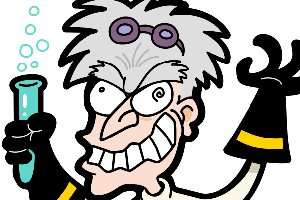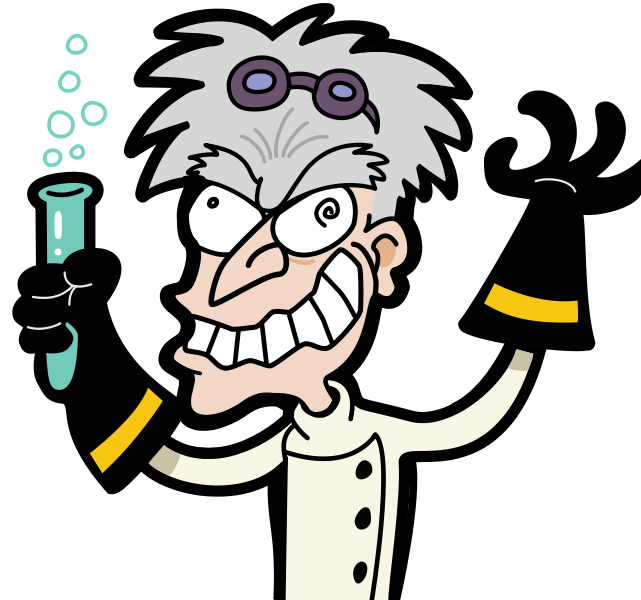How can the Internet help spread scientific discoveries? The internet has heralded a new level of openness and data sharing since its inception. While this revolution of information has swept across our society, openly sharing information in the scientific arena has yet to see a boon in activity. With scientists remaining extremely protective over their discoveries, we have to ask if this behavior is hampering future scientific discoveries.
That is the question Dr Michael Nielsen, whose forthcoming book about Open Science “Reinventing Discovery", attempts to explain and fix.
If we want to socialize science among the world of social media and more broadly across the Internet, we must ask why scientists continue to "horde" data. How can we influence the world of scientific academia so that scientists feel more willing to share their best ideas and problems?

